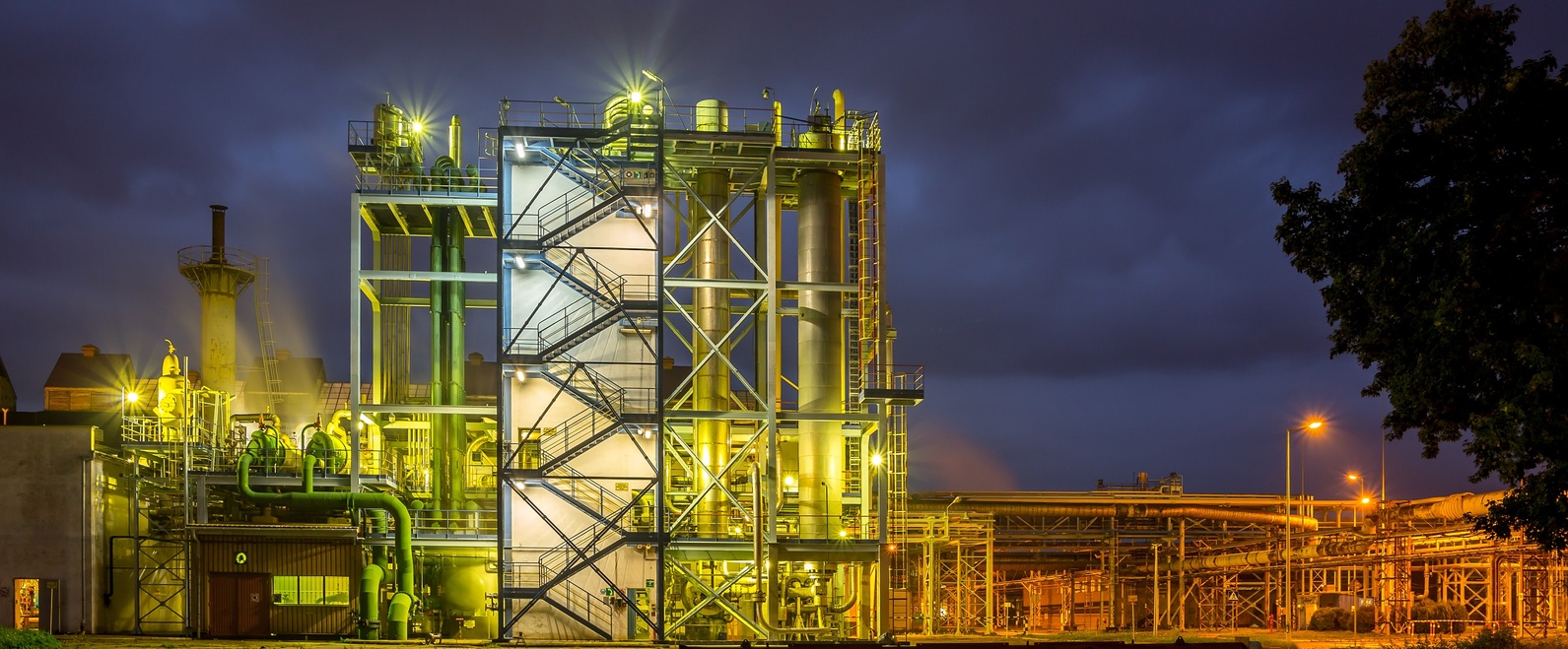
The current situation on the fertilizer market was among the topics discussed by representatives of Grupa Azoty with Marian Sikora, President of the Federation of Agricultural Producer Associations, and Stanisław Kacperczyk, President of the Polish Association of Grain Producers. At the meeting, Zbigniew Paprocki, Member of the Management Board and CEO of Grupa Azoty S.A., said that the adverse conditions prevailing on the fertilizer market stem from the gas crisis in Europe, that is record-high gas costs, which have risen by several hundred per cent year on year and directly translate into the current fertilizer production cost levels.
Grupa Azoty representatives explained the reasons for the current gas crisis and pointed out its consequences for European agriculture. Gas prices skyrocketed across most global markets, but primarily in Europe and Asia. The only market which appears immune to the crisis is Russia – the main supplier and driver of current gas prices in Europe.
The agricultural sector has fallen victim to gas market manipulation resulting from sharp and unprecedented increases in the prices of natural gas as the key feedstock for fertilizer production. This ploy used by the Russian supplier is specifically designed to make Europe increasingly dependent not only on gas, but also on fertilizer supplies. The purpose is clear: to make Europe dependent on foreign food suppliers in the future. It suffices to examine the growth of Russia’s agricultural output – its value doubled in 2011–2020, from 3.1 to 6.1 trillion rubles. Russia is now the leading producer and exporter of wheat, barley, rye and oats.
‘We are keeping a close eye on the ongoing efforts to develop support mechanisms for European agriculture. Naturally, we are aware that working out the solutions takes time, as it is necessary to hold consultations and perform analyses. That being said, we assume that such solutions will not be ready in the next few months, and therefore – at least before the start of the application season – the situation will remain unchanged,’ said Zbigniew Paprocki, Member of the Management Board and CEO of Grupa Azoty S.A.
In Europe, the current situation presents an immense challenge for both farmers and fertilizer manufacturers, who use expensive gas in their production processes. Grupa Azoty representatives also noted that prices of fertilizers in Poland continue to be the lowest in the entire EU.
‘The business risk associated with high gas prices and their immense volatility mean that maintaining maximum production levels continues to be the biggest challenge for European manufactures. As a Group, we produce nitrogen and compound fertilizers at full technological capacity and make timely deliveries to a network of 70 authorised distributors across Poland. With these all-time high prices of raw materials, many European producers have either halted or cut down production, which will most likely reduce the supply of fertilizers during the application season. An additional risk is the potential accumulation of orders just before the start of the application season. Should this risk materialise, the logistics of manufactured fertilizers and difficulties with delivering them to farmers in a timely manner may prove yet another challenge,’ added Zbigniew Paprocki, Member of the Management Board and CEO of Grupa Azoty S.A.
The farmer organisations are of the opinion that solving the problem demands quick political decisions.
‘The request submitted to the European Commission by Mateusz Morawiecki, Poland’s Prime Minister, for EC’s approval for subsidising fertilizers from the Polish budget could solve this problem. The subsidies would reduce the prices and enable a proper application of fertilizers for crop production. Unfortunately, we are afraid that the EC’s decision, even a positive one, may be rendered after the spring fertilizer application season is over. For this reason, as a member of Copa-Cogeca, we intend to put pressure on the European Commission,’ said Marian Sikora, President of the Federation of Agricultural Producer Associations.
